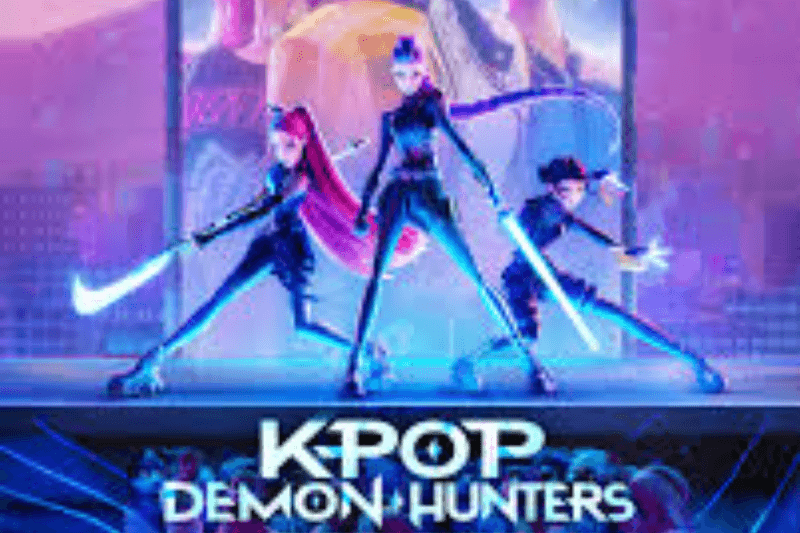Fictional K-Pop Groups Break Records on US Charts, Surpassing Global Icons
The global K-pop phenomenon just took a surreal twist. In an unexpected cultural crossover, fictional K-pop bands—yes, animated characters—are topping U.S. music charts, outpacing the likes of BTS and Blackpink. The animated film KPop DemonHunters, streaming on Netflix, has set the entertainment world buzzing. With two fictional groups, Saja Boys and Huntr/x, stealing the show, it’s no longer just idols made of flesh and blood dominating fandoms and playlists.
This isn't just viral hype; it's a seismic shift. Within its first two weeks, the animated feature raked in over 33 million global views, becoming Netflix’s top performer among all its current movie offerings. Even more astonishing is its musical aftermath—songs from these animated bands have charted higher in the U.S. than those from established K-pop acts, signaling a turning point for how fans engage with music, identity, and storytelling.
What makes this phenomenon even more compelling is its layered appeal. These aren’t random, one-dimensional characters. KPop DemonHunters blends fantasy, futuristic action, and emotionally resonant backstories, all wrapped around genre-blending K-pop tracks. Viewers aren’t just watching characters—they’re stanning them. Streaming numbers, TikTok trends, and fan-made edits prove that emotional investment isn’t limited to real-life idols anymore.
But what does this mean for the real K-pop industry?
On one hand, it speaks volumes about the power of narrative and aesthetic. On the other, it presents a challenge: real-world K-pop is now competing not only with each other but with hyper-curated, algorithmically perfect avatars that can dance and sing without sleep, scandals, or burnout. While fictional bands like Huntr/x can perform in post-apocalyptic realms with magical powers, real-life idols are grounded in contracts, rehearsals, and human limitations.
This is not a death knell for real K-pop stars, but it’s a wake-up call. Entertainment consumption is changing fast. Gen Z and Gen Alpha are perfectly comfortable forming parasocial relationships with digital characters. That the top charting group isn’t "real" anymore might seem bizarre, but it’s also indicative of how music, fandom, and identity are evolving into hybrid realities.
The fusion of fiction and fandom has never been stronger. KPop DemonHunters may have started as a niche animation, but now it’s a blueprint. Expect more fictional bands, deeper narratives, and maybe even virtual idols battling it out with their real-world counterparts—for streams, fans, and musical dominance.
One thing is certain: the K-pop universe just got a lot bigger—and a lot more animated.

.png)
.png)
Comments
Post a Comment